- Oct 25, 2013
Moby Dick
“Call me Ishmael.”
So begins one of the great American novels, with perhaps the most famous opening sentence in the English language. Our narrator Ishmael is (much like author Herman Melville) a former schoolteacher who, motivated by melancholy and wanderlust, decides to go to sea. On the way to Nantucket, he meets the harpooner Queequeg—a South Pacific islander covered in mysterious tattoos—when they must share a bed at the inn.
The two men quickly become fast friends, and both join the crew of the whaler Pequod, led by Captain Ahab. At first, it seems the voyage will be a routine trip hunting sperm whales. But once the ship is out of sight of land, Ahab reveals a darker and more specific purpose: revenge on Moby Dick, the albino whale that severed Ahab’s leg at the knee. The captain attaches a gold doubloon to the mast, promising it as a prize for the first man to spot the white whale.
The Pequod sails across the Atlantic, around Africa, through the Indian Ocean, and into the Pacific, meeting other ships and hunting other whales along the way. Finally, Captain Ahab sees Moby Dick, and a three-day chase ensues. The whale crushes the four rowboats carrying the harpooners, and then turns on the Pequod itself, fatally damaging the hull. Although Ahab manages to stab Moby Dick, his harpoon line wraps around his own neck and drags him to his death as the whale escapes and the ship sinks. Ishmael is the only survivor, using an empty coffin as a life raft.
Like most great literature, Moby Dick is open to many interpretations, and readers and scholars have attached a wide variety of allegorical meanings to the book. The white whale itself is rife with symbolism; every character has his own idea of what the whale means to him. Ahab, obsessed with revenge, projects every possible negative emotion onto the whale until he perceives it as the root of all evil. Ishmael devotes an entire chapter to analyzing a long list of possible meanings of whiteness. As D.H. Lawrence wrote of Moby Dick in his book Studies in Classic American Literature, “Of course he is a symbol. Of what? I doubt if even Melville knew exactly. That's the best of it.”
Nature, God, masculinity, vengeance, slavery, fate… perhaps we all have a white whale to chase.
Race and diversity are important themes and Melville variously challenges and reinforces the stereotypes of his time. The crew of the Pequod is a kind of microcosm of the American “melting pot,” comprising sailors from all over the world — African, Native American, Malay, white New Englanders, and even a Zoroastrian “Parsi” — united in a common purpose. While the narrator promotes tolerance, this diverse group is still subjected to the madness of one white captain (Ahab) and ultimately they all go down with the ship, leaving one white survivor (Ishmael). The shipwreck seems to suggest the doom of the melting pot vision of America—but is it diversity that is destroyed, or merely a certain white-dominated, assimilatory conception of it?
Religious themes also play an important role in the story, and a variety of religious practices are depicted and discussed, from the church service that Ishmael attends before boarding the Pequod, to Queequeg’s portable idol, which Ishmael joins him in worshipping as a gesture of friendship. Biblical allusions abound and Melville assumes his audiences familiarity with religious references, but his interpretations are by no means limited to Christianity. Ishmael’s thoughts on religion intersect with his musings on man’s relationship to nature during his first turn keeping watch from the mast-head, when he feels his identity melting away in a moment of pantheism — perceiving the whole universe as God — with echoes of transcendentalism and even Zen.
Melville’s ideas about race and religion in Moby Dick may have been ahead of their time, but the book is also ahead of its time in meaning and metaphor. Perhaps perpetually so, like Shakespeare, in the sense that every generation finds new parallels. In a 2011 essay for The New Yorker, author Philip Hoare suggested meanings relevant to our time:
"A century and a half after it first played out, Ahab’s wanton chase was evoked in the ‘war on terror,’ and the attempts to pursue an apparently uncatchable foe, even as it sourced an epic designed to reflect America’s first imperial venture—the getting of the oil that lit and lubricated the Western world. Yet it has an even timelier message, one that, like so many of Melville’s literary grenades, seems to have been lying in wait for us. “Does the Whale’s Magnitude Diminish?—Will He Perish?” the book asks. Although, having posed this question, Melville, a perennial contrarian, comes to a contrary conclusion, his summary is certainly predictive. Three hundred and sixty thousand blue whales died in the cetacean Armageddon of the twentieth century, reducing the world’s largest animal to a population of just a few thousand."
We hope you will discover your own Moby Dick connections as you watch The Whale.
